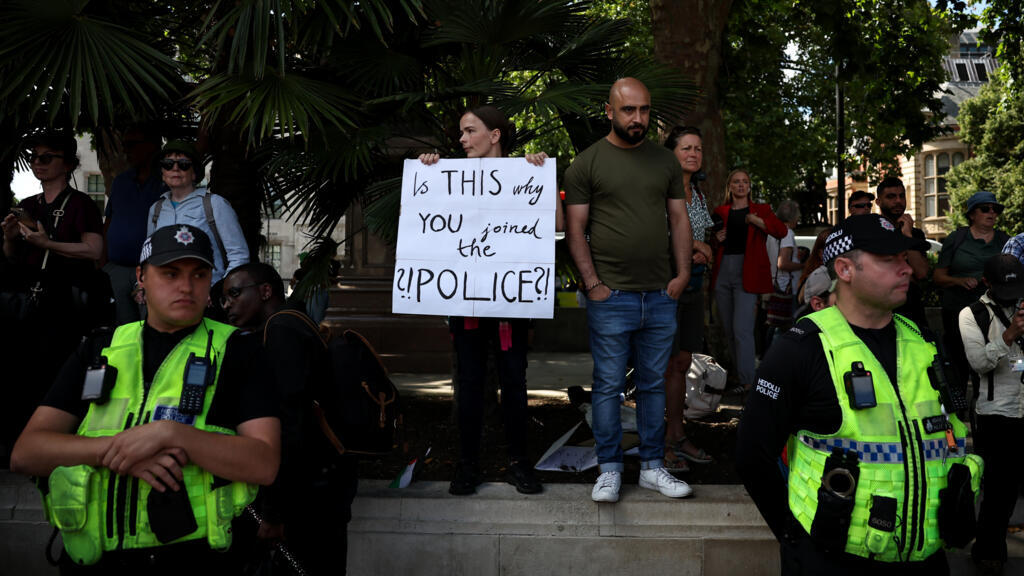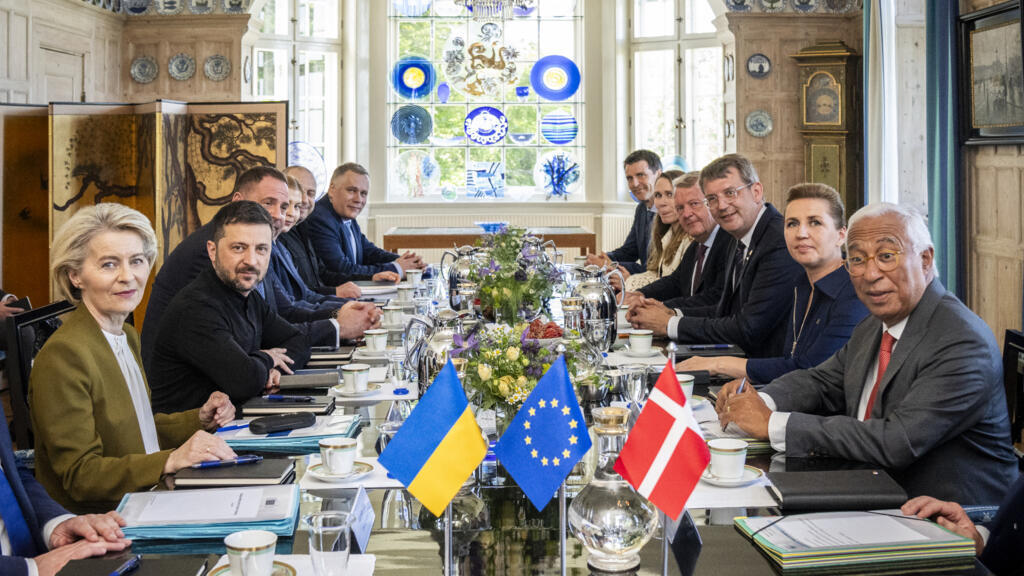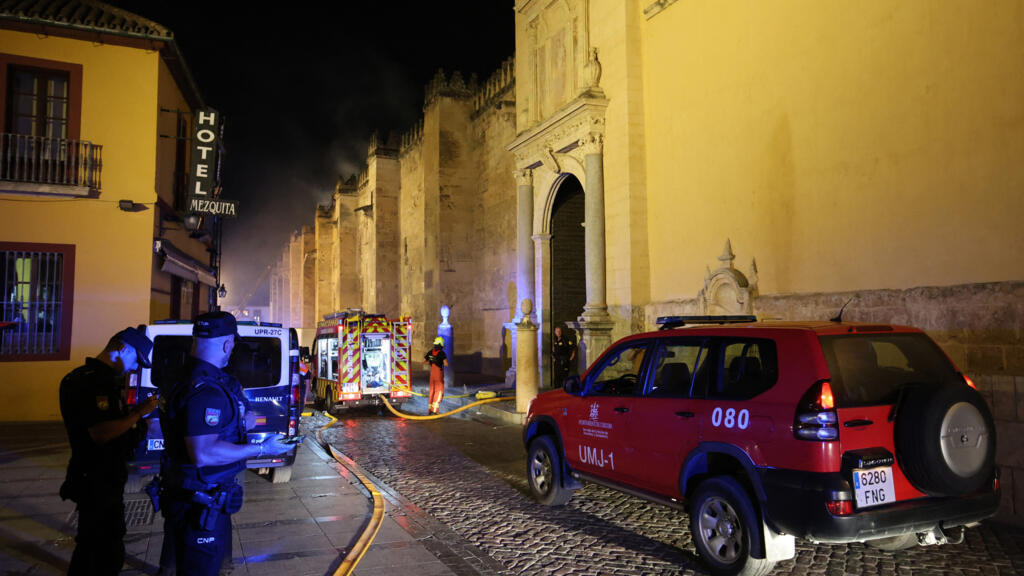London Police Arrest Over 200 in Pro-Palestine Action Protest
On Saturday, police in London conducted mass arrests during a significant protest supporting Palestine Action. This event marks the largest demonstration in favor of the group since it was banned under anti-terrorism legislation in September. The protest drew attention to the group's activities, which have been critical of arms manufacturing companies linked to the Israeli government and the ongoing conflict in Palestine.
Approximately 200 individuals were taken into custody as they gathered in central London to express their solidarity with Palestine Action. This protest comes in the context of heightened tensions surrounding the Israeli-Palestinian conflict, particularly following the escalation of violence earlier this year. The police action has raised questions regarding freedom of expression and the right to protest, particularly in the wake of the government's decision to classify the group under terrorism laws.
The demonstration saw participants holding banners and chanting slogans advocating for Palestinian rights and condemning the actions of the UK government in relation to Israel. Supporters highlighted their commitment to resisting what they see as unjust oppression faced by Palestinians. Many activists have expressed frustration over the recent criminalization of pro-Palestinian activism, arguing that such actions stifle important political discourse.
The protest was organized shortly after the UK government designated Palestine Action a terrorist organization, a move that has been met with widespread criticism from human rights advocates and legal experts. They argue that the designation serves to undermine legitimate forms of dissent and protest that are fundamental to democratic societies. As a result, many activists took to the streets to demonstrate against this designation and to call for the recognition of Palestinian rights.
In addition to the mass arrests, the police implemented strict measures to control the protest, including the deployment of officers equipped with riot gear. Eyewitness accounts describe a heavy police presence, which some protesters felt was intended to intimidate demonstrators. Despite this, the protest proceeded, with many participants staying committed to their cause throughout the day.
The arrests sparked controversy, with various civil liberties organizations condemning the police's actions as excessive. Critics argue that the government's approach to addressing protests linked to Palestine Action demonstrates a troubling trend toward the suppression of dissent. They emphasize the importance of safeguarding the right to protest, especially in matters concerning human rights and international solidarity.
Throughout the day, speakers at the protest addressed the crowd, urging individuals to continue fighting for justice in Palestine and to challenge the UK government's foreign policy. They reiterated the need for sustained activism and collective efforts to raise awareness about the plight of Palestinians. This gathering served as a reminder of the diverse opinions surrounding the Israeli-Palestinian conflict and the various ways individuals choose to express their stance.
As the sun set over London, many protesters remained unwavering in their commitment to the cause. The day's events not only highlighted the ongoing struggles faced by Palestinians but also underscored the ongoing debate regarding the boundaries of protest in contemporary society. The situation in London reflects broader societal tensions regarding freedom of speech, human rights, and the responsibilities of governments in maintaining order without infringing on individual rights.
The implications of Saturday's protest and the subsequent police actions are likely to resonate beyond the immediate context of London. As activists regroup and plan future demonstrations, the importance of dialogue around these pressing issues remains critical. The actions of both supporters and law enforcement will continue to shape the landscape of political protest and civil liberties in the UK.












